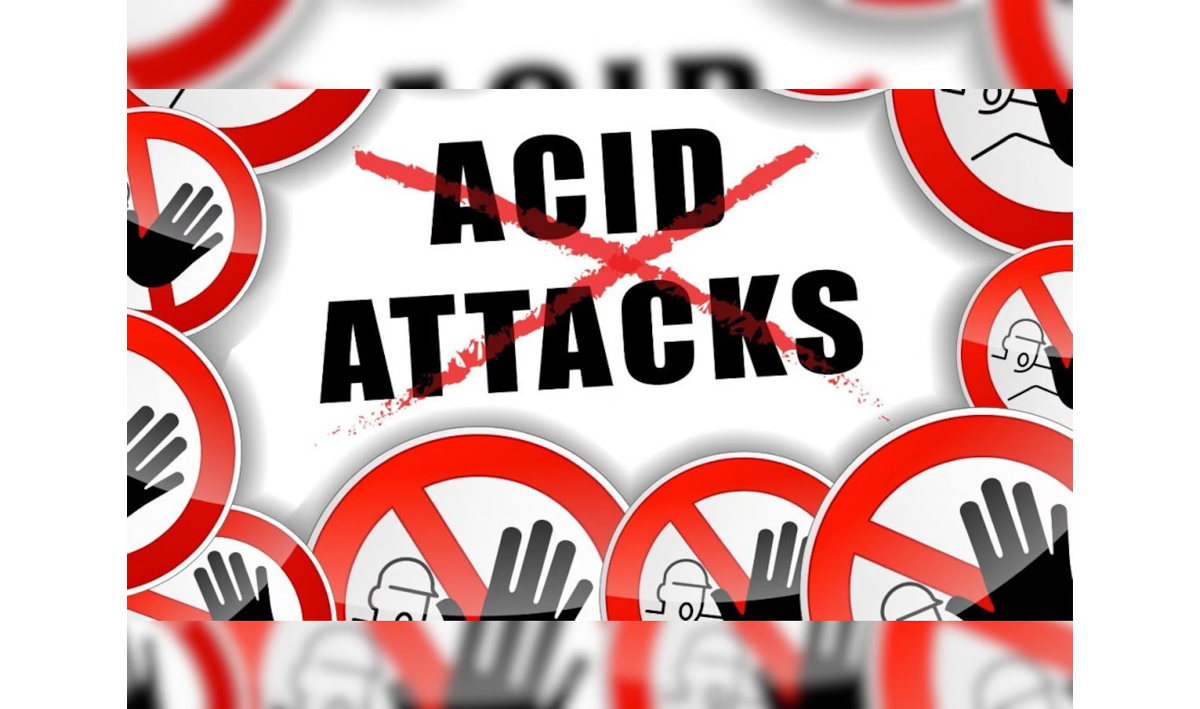The stringent verdict by Principal Sessions Judge Srinagar in the case of a brutal acid attack on a woman in 2022 marks a significant milestone in delivering justice to victims of such heinous crimes. Sajid Altaf Sheikh, the perpetrator, has rightfully been handed a life sentence and a substantial fine of Rs 40 lakh for his despicable act. The severity of the punishment reflects the gravity of the offence and sends a strong message about society’s stance against such atrocities. The Court’s meticulous examination of the evidence and its reasoned judgement in convicting Sajid Altaf Sheikh under Section 326-A IPC is commendable. Despite the acquittal on the charge of conspiracy (Section 120-B IPC), the Court’s recognition of the perpetrator’s culpability in causing grievous harm to the victim demonstrates a commitment to upholding the rule of law and ensuring justice for the innocent.
One of the most poignant aspects of the judgement is the court’s consideration of the victim’s plight. Acid attacks inflict not only physical but also psychological and emotional scars that can last a lifetime. The Court’s acknowledgement of the exorbitant medical expenses incurred by the victim for her treatment and the future costs she may face is crucial. By imposing a substantial fine on the convict, the Court recognized the financial burden borne by victims of such heinous crimes and sought to alleviate their suffering. However, despite legal provisions and judicial interventions, acid attacks continue to occur with alarming frequency, highlighting deep-rooted issues such as gender-based violence, inadequate support systems for victims, and lax enforcement of laws. Society must combat such acts of violence and work towards creating a safer and more equitable environment for all. This requires not only stringent legal measures but also comprehensive support mechanisms for victims, including access to quality healthcare, rehabilitation services, and financial assistance.
Trending Now
E-Paper


